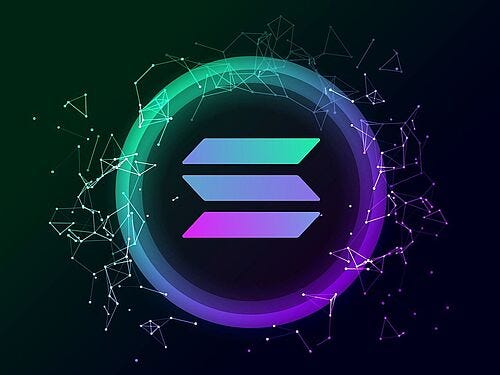Solana has established itself as one of the fastest and most scalable blockchains in the cryptocurrency space. Known for its high throughput and low transaction costs, it has become a go-to platform for DeFi applications, NFTs, and gaming. But beyond these mainstream applications, Solana’s unique architecture opens up possibilities for unconventional use cases — one of the most intriguing being decentralized cloud computing.
Cloud computing is currently dominated by centralized giants like Amazon Web Services (AWS), Google Cloud, and Microsoft Azure. These services, while powerful, come with inherent issues such as data privacy concerns, single points of failure, and high costs. Solana’s blockchain, with its combination of high speed, security, and decentralization, presents an opportunity to disrupt this industry. Here’s why Solana could be an ideal blockchain for decentralized cloud computing:
- High Throughput and Low Latency: Solana’s Proof of History (PoH) consensus mechanism allows it to process thousands of transactions per second, which is critical for real-time computing tasks.
- Cost Efficiency: With transaction fees significantly lower than Ethereum, Solana provides a viable infrastructure for cost-effective cloud services.
- Decentralization & Security: Unlike centralized cloud providers, a Solana-powered cloud would reduce reliance on single entities, improving security and resistance to censorship.
A decentralized cloud computing system on Solana could work similarly to traditional cloud services but with an added layer of transparency and security. Here’s how:
- Distributed Computational Power: Users could contribute spare computing power to a decentralized network and receive Solana-based tokens in return.
- Smart Contracts for Task Distribution: Tasks, such as rendering images, machine learning computations, or web hosting, could be distributed among network participants via smart contracts.
- Immutable Storage & Verification: By…


